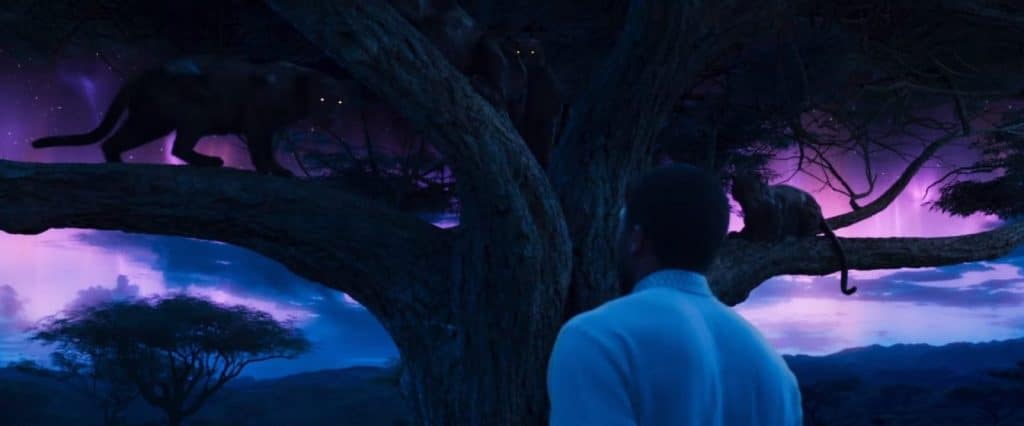Something that Marvel has always done well is to bring core human emotions into their stories. In fact, we see this everywhere in the Marvel Cinematic Universe (MCU) and it is particularly poignant when those stories involve fathers.
Personally, this is on my mind a lot of late. I’m watching through the MCU with my oldest daughter and my greatest hearts-desire is to be the best dad I can possibly be to her.
As if that isn’t enough to get my mind racing, my dad is coming to town soon for a visit. And while time with my dad isn’t determining the fate of Midgard, I’d be remiss if I didn’t say that visits from my dad aren’t 100% easy. And I’m sure many of you feel likewise. So, how do I cope? Well, I write articles about Marvel comics, that’s how.
It’s actually an understatement to say that Marvel explores daddy issues in the MCU, because good gravy, father-failure themes are everywhere. Sometimes there is a sweetness to it, like the story of Scott Lang in both Ant-Man movies, a father who began life as a criminal yet journeyed to make amends, ultimately becoming a responsible and loving father to his daughter Cassie.
But other times the stories are marked by pain, loss, compulsion, and a whole array of other bad stuff that I’ll refrain from listing, lest we need to get a therapist in here to help us sort it out. I’m talking about:
- Tony Stark being driven to be as accomplished as his father, who was murdered.
- The story of Star-Lord who never knew his father until he finds he’s an evil planet, all while coming to the realization that Yondu–the man who he thought was bad–was actually a pretty decent father to him.
- Spider-Man: Homecoming is a movie about a father who has a dark secret and rationalizes his evil deeds.
- And there is many, many more…but you get my point.
But let’s compare and contrast the two biggest father stories in the MCU: Thor: Ragnarak and Black Panther. At first blush, those two movies don’t seem very similar. Thor: Ragnarok is perhaps the silliest MCU film & Black Panther is perhaps the most serious, yet in many ways the two movies are companion pieces. Both movies are about the dark legacy of empire and fathers who didn’t always share the truth with their children.
In fact, the villain plots of Black Panther and Thor: Ragnarok are eerily similar, basically being mirror reflections of each other. In Ragnarok, Odin adopted an enemy’s child but never told him (Loki) as well as having a child exiled due to her hewing close to evil (Hela). In Black Panther, T’Chaka killed a member of his own family, then hid it from his son.
Secrets, in other words.

When T’Challa and T’Chaka meet in the ancestral plane, it’s easy to also spare a thought for Thor and Odin. First, both T’Challa and Odin hid secrets from their sons. Second, both sons felt unworthy to step into their fathers’ footsteps until forced to find their own power.
There are deep themes that run through Thor: Ragnarok and Black Panther: Letting go of the past, meaning old hurts, old wrongs, and old grudges. And those themes are played out beautifully in the movies, using explosions and fight scenes as often as possible, the film-makers obviously knowing that a lot of popcorn is necessary if movie-goers are processing something therapeutic.
Both movies communicate how freeing it is to move forward, even if they fully acknowledge that journey isn’t easy. Marvel has always beautifully illustrated family on the page and on the screen, always acknowledging the complications.
I think that’s one of the reasons Marvel characters are so enduring and I certainly can attest to how meaningful they’ve been for me. Make mine Marvel, in other words. I can also attest to how my relationship with my dad hasn’t always been easy and my greatest prayer is that things will be different for my daughters and I.

